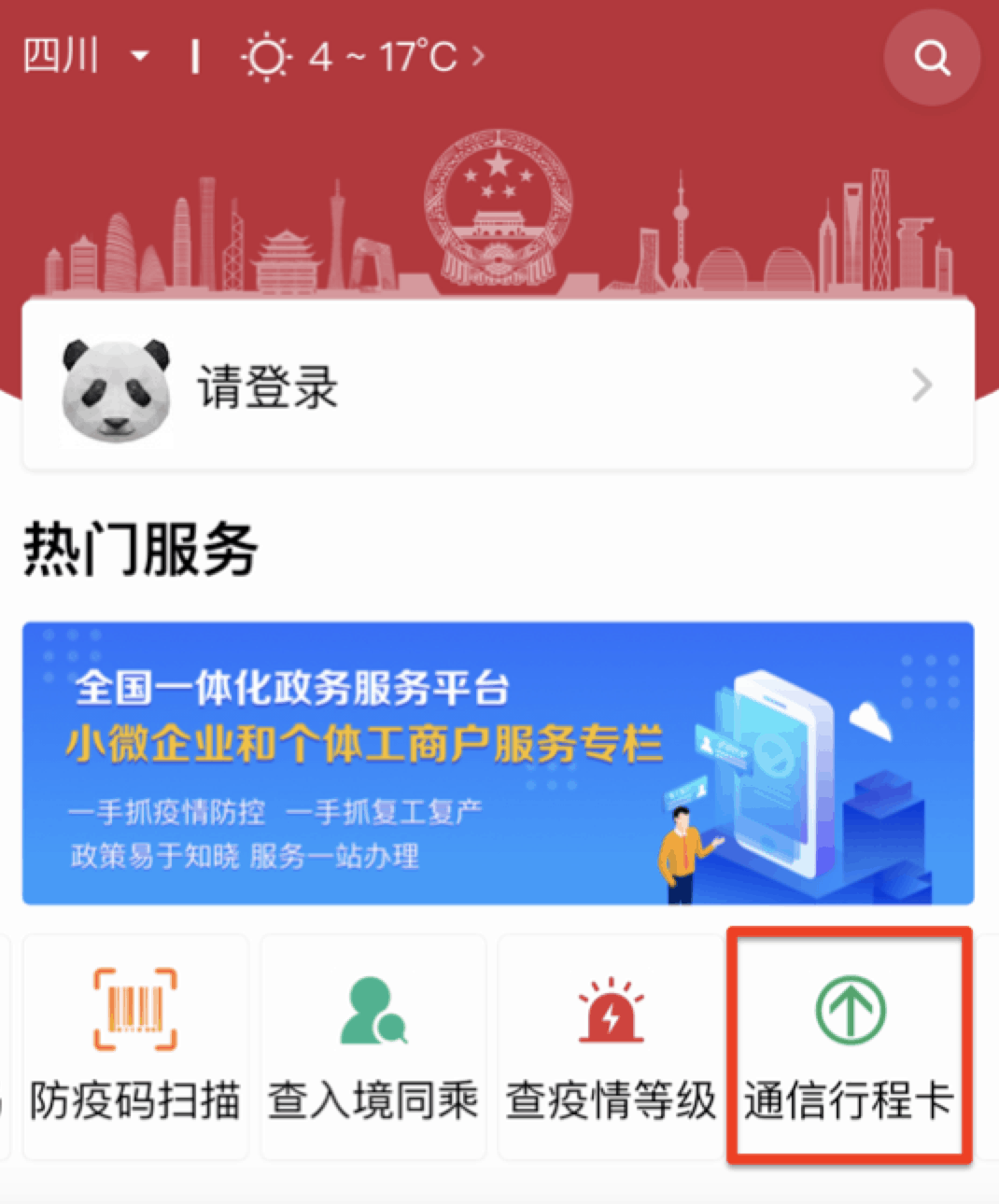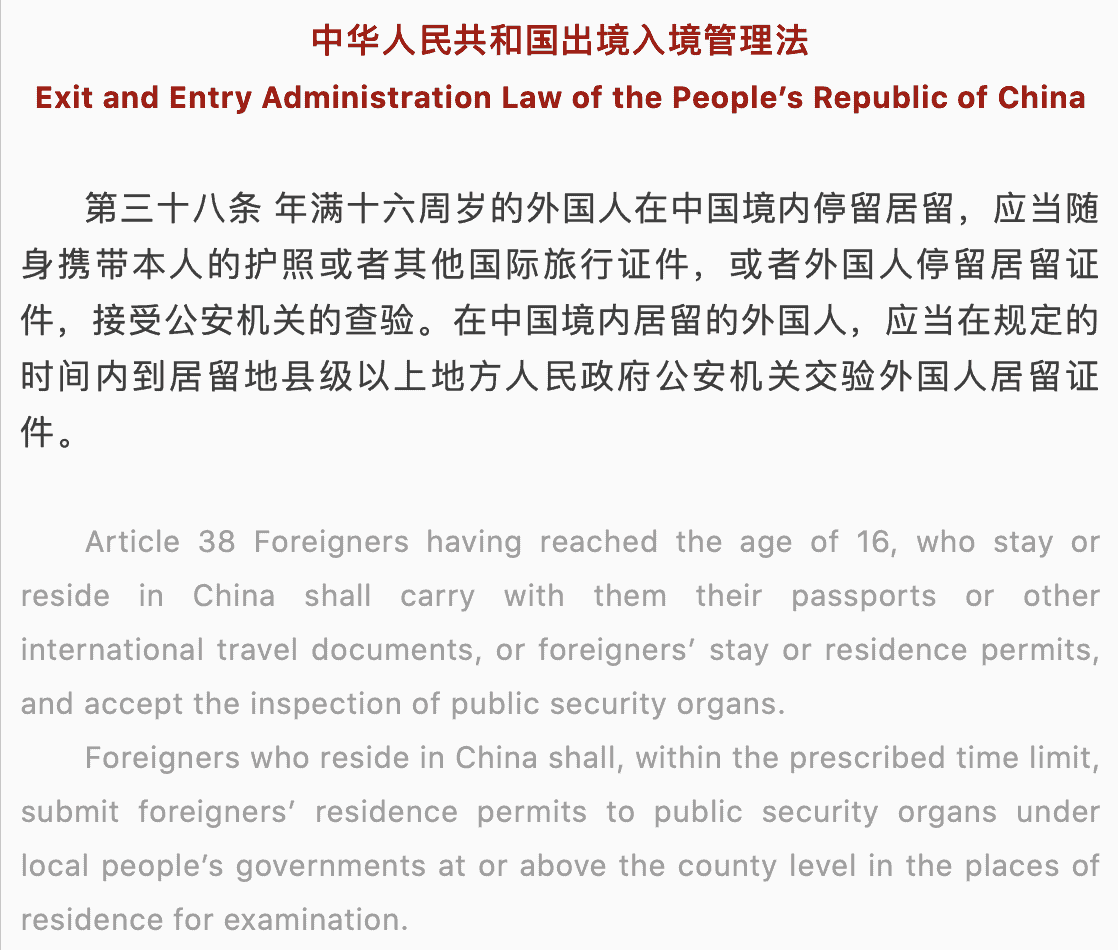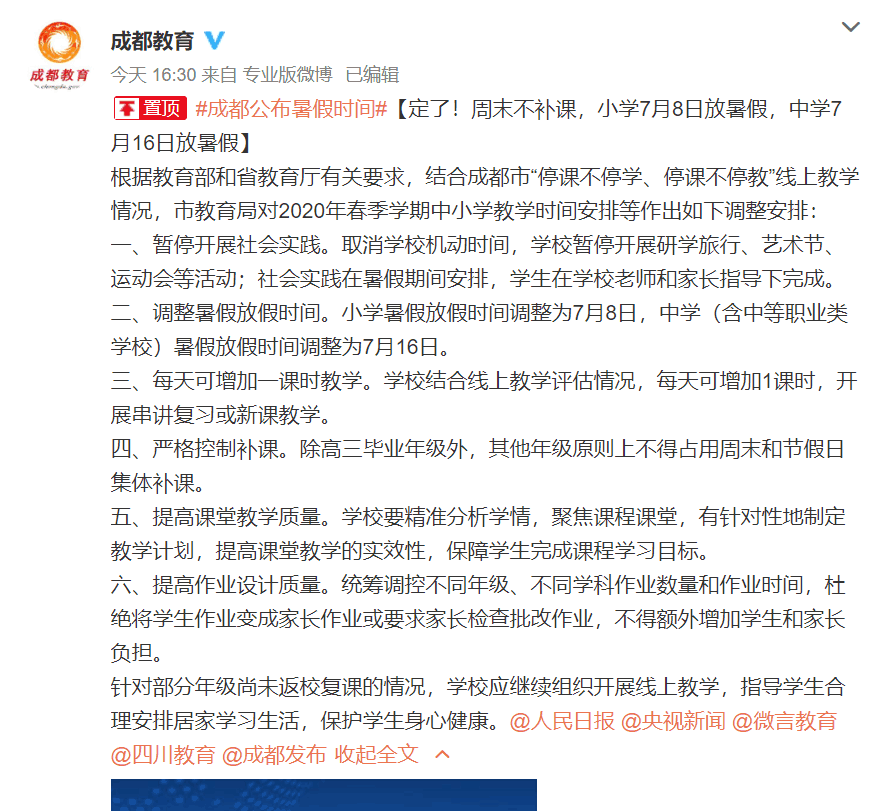As confirmed cases of COVID-19 have exceeded 2.4 million globally, it’s becoming clear that the battle against the virus will not be a short one. Meanwhile in Chengdu work has resumed, schools have re-opened and we have slid back into relative normality. However there are still many restrictions to contend with. We’ve seen your questions in groups about the latest regulations, so have tried to answer them below:
Health Apps Foreigners Can Use in Chengdu
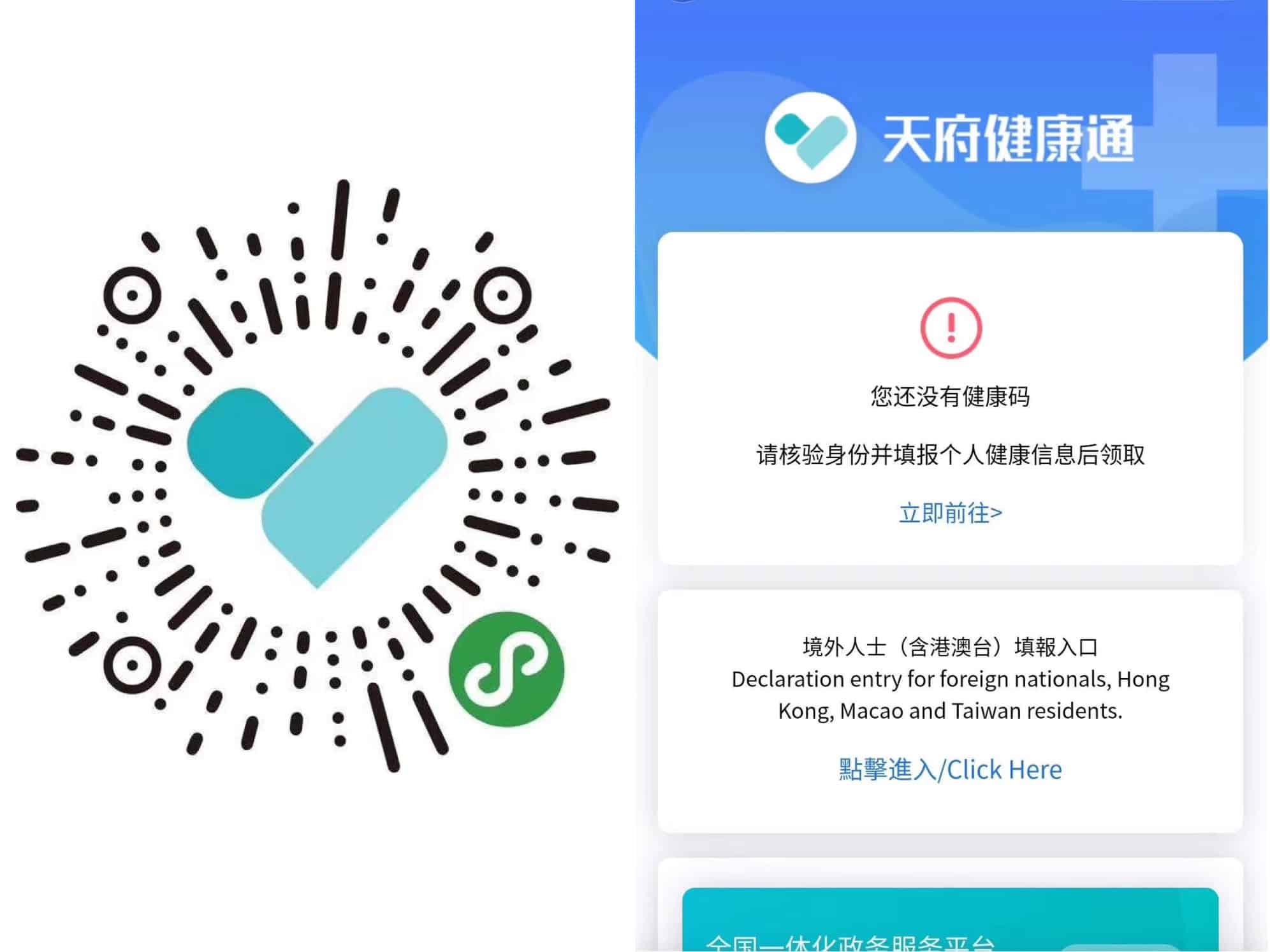
*Note: Name and ID number should be exactly the same with your ID document such as passport or residence permit (Family name, Given name -using upper case).


Other Alternatives You Can Use:
1. Cellphone Network Declaration
These QR’s will direct you to the app run by your network provider, who using the data from your mobile plan, can tell where you have been, and certify your location.
2. Alipay
3. Alternative Government MiniProgram
Another MiniProgram -this time from the government (yes, they are watching you) – that figures out where you’ve been, is called 国家服务平台. This one allows you to register/ check-in using your Chinese mobile number. It’s fairly easy, so scan the QR below, hit the green button, enter your phone number, obtain the code by text message, click the green button 通信行程卡 and – hopefully – see a green arrow appear.

Foreigners Required to Carry Passport at all Times
One of the new measurements is that foreigners having reached the age of 16, are now obliged to carry their passports or other international travel documents, or foreigners’ stay or residence permits, and accept the inspection of public security organs.
Click to see full text and details
Source: 成都出入境
Updated School Opening and Summer Holiday Dates
• High School, 11+12th grade: Open
• Junior school, 8+9th grade: Open
• Junior school 7th grade + High School 10th grade + Secondary vocational schools: April 20
• Primary schools 5&6th grade : April 27
• Primary schools 1-4th grade : May 6
• Secondary vocational schools: April 20
The Chengdu Education Bureau issued the new regulations on primary and junior school students: art festival, sports meeting and exchange travel programs will be suspended, though there won’t be classes on weekend. Primary schools summer vacation will start on July 8th, junior schools and secondary vocational schools summer vacation will start on July 16.
• Kindergarten: TBC
• Special education school: TBC
• International schools: TBC
• Colleges/ Universities: TBC
The general rule is that these they will re-open 3 weeks after they get approval from the education office. Certain areas within regions may have their own rules, regulations and starting time. Therefore, it is important to stay connected to local announcements.
Specific Measures on Asymptomatic Infections
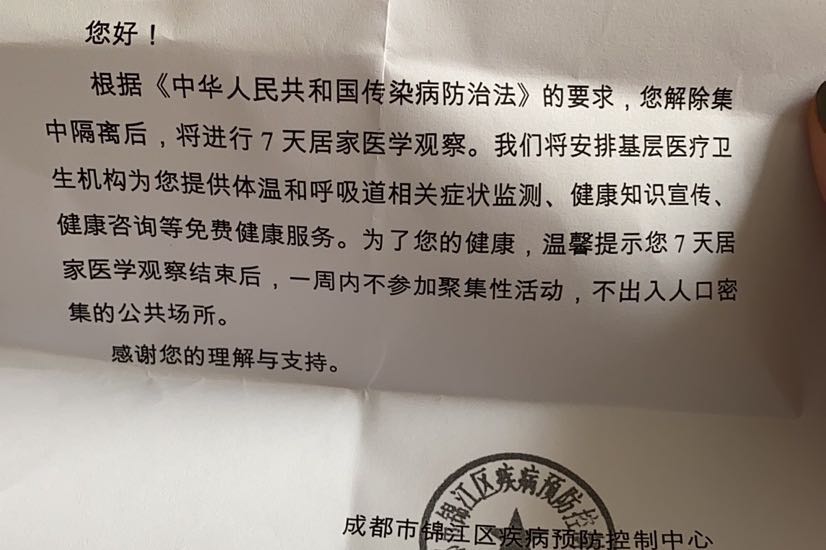
What to Know about Traveling in China
As you may have already found out first hand, traveling inside China these days is without a doubt more complicated than it used to be. There is no more just hopping on a plane or even jumping into a taxi at your destination. In at least one case, an entire first-tier city is essentially closed to travelers. For others, while you might be able to get plane or train tickets, once you arrive, hotels may be tricky.
First thing you need for traveling outside of Chengdu is your physical health permit – click here to get all information about how to obtain. Second you should know the specifics about traveling in China right now. The list below will help:
What to Know about Traveling in China


